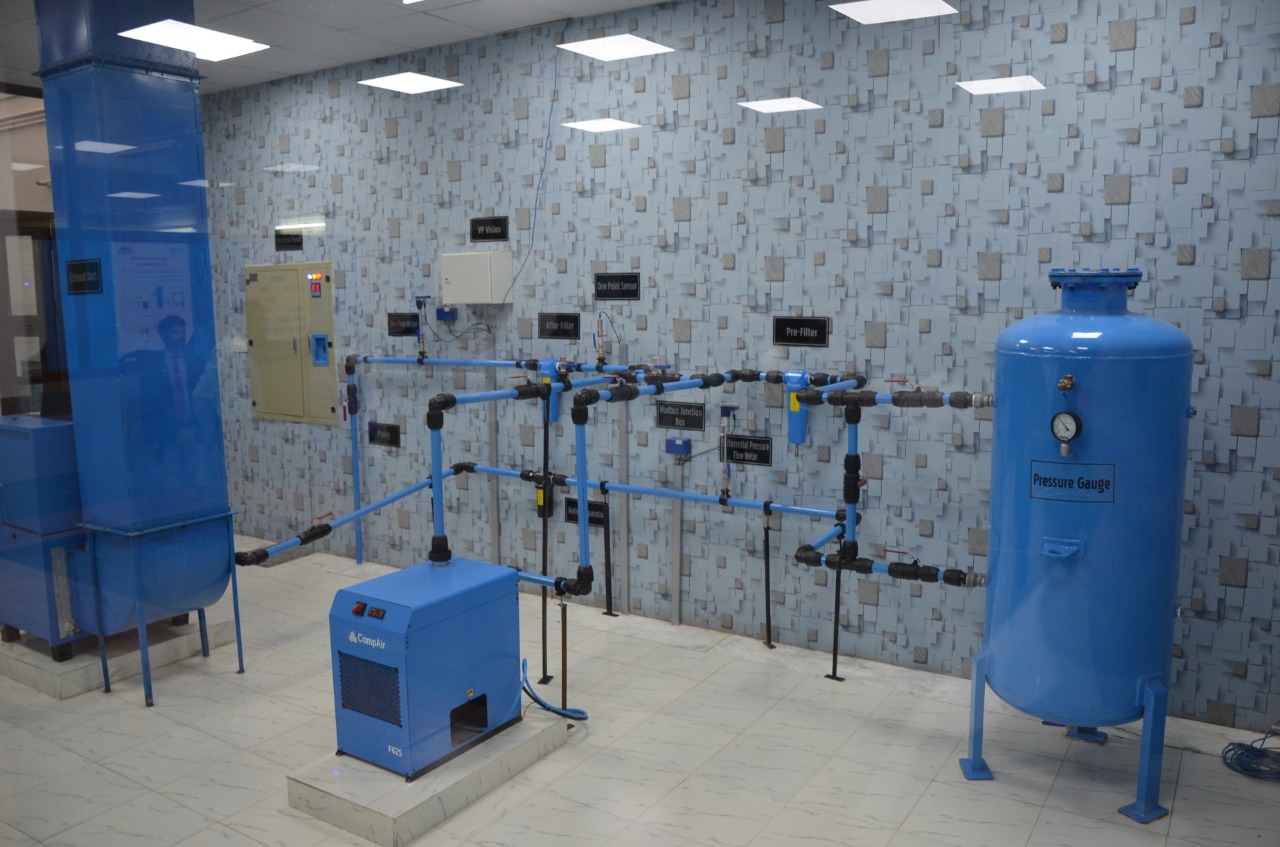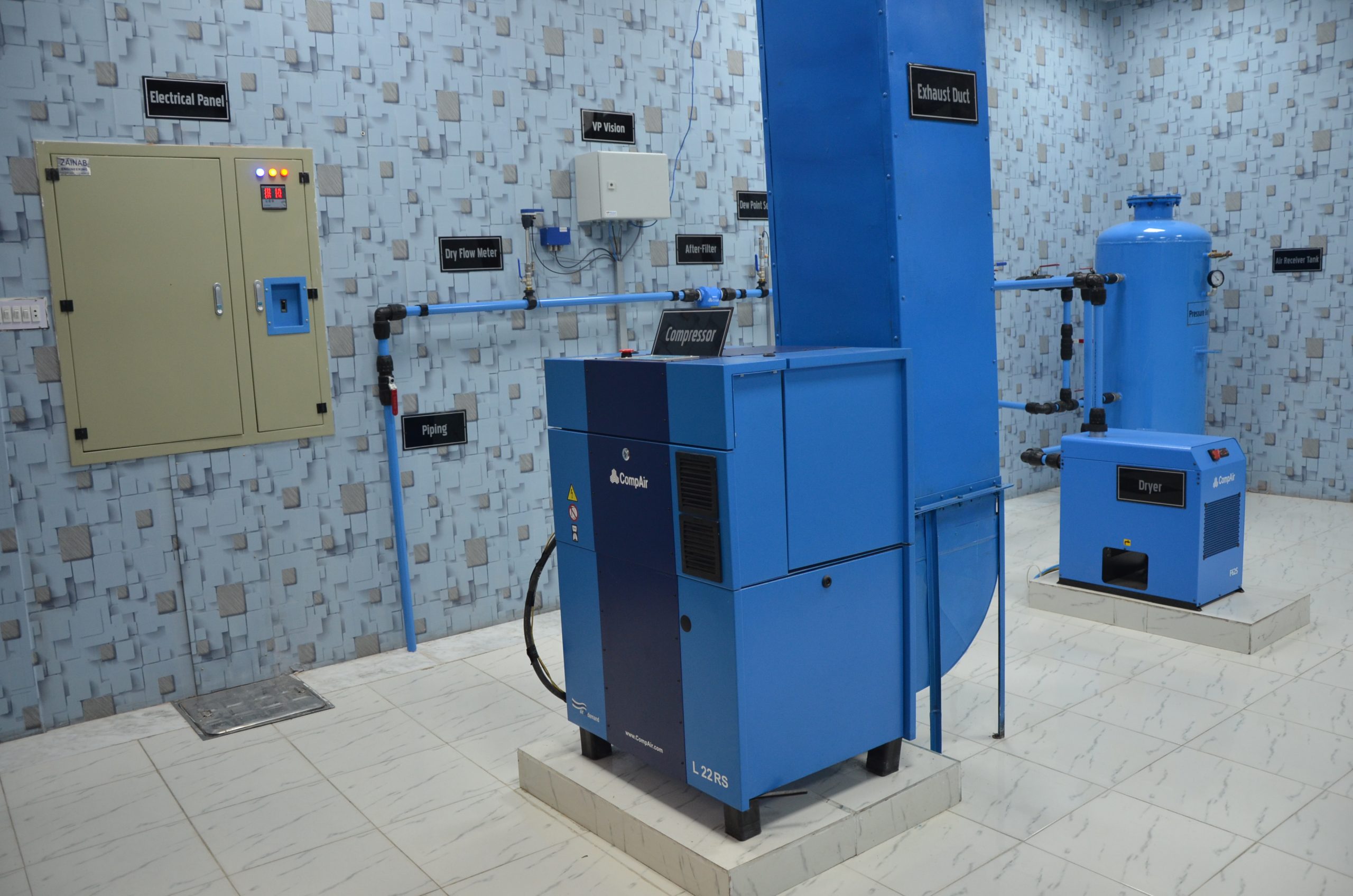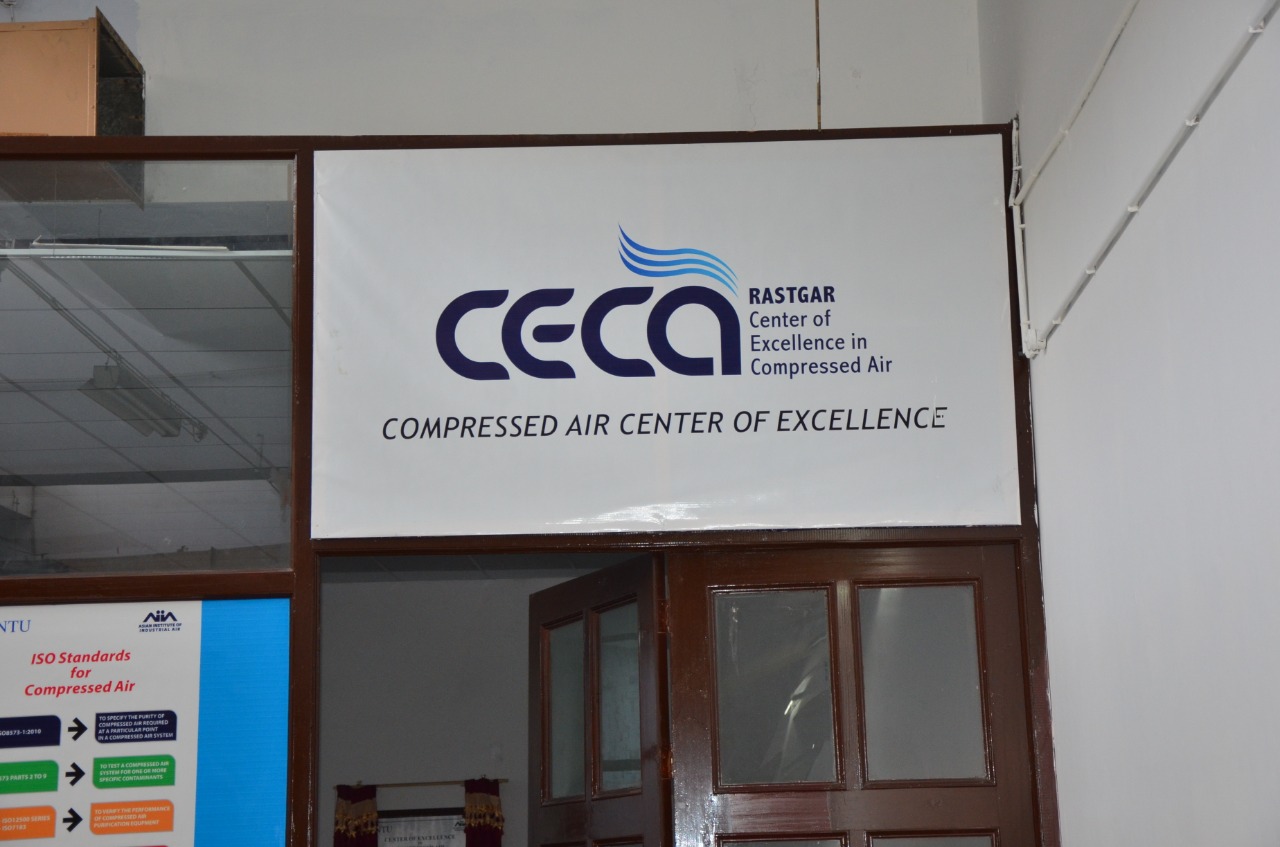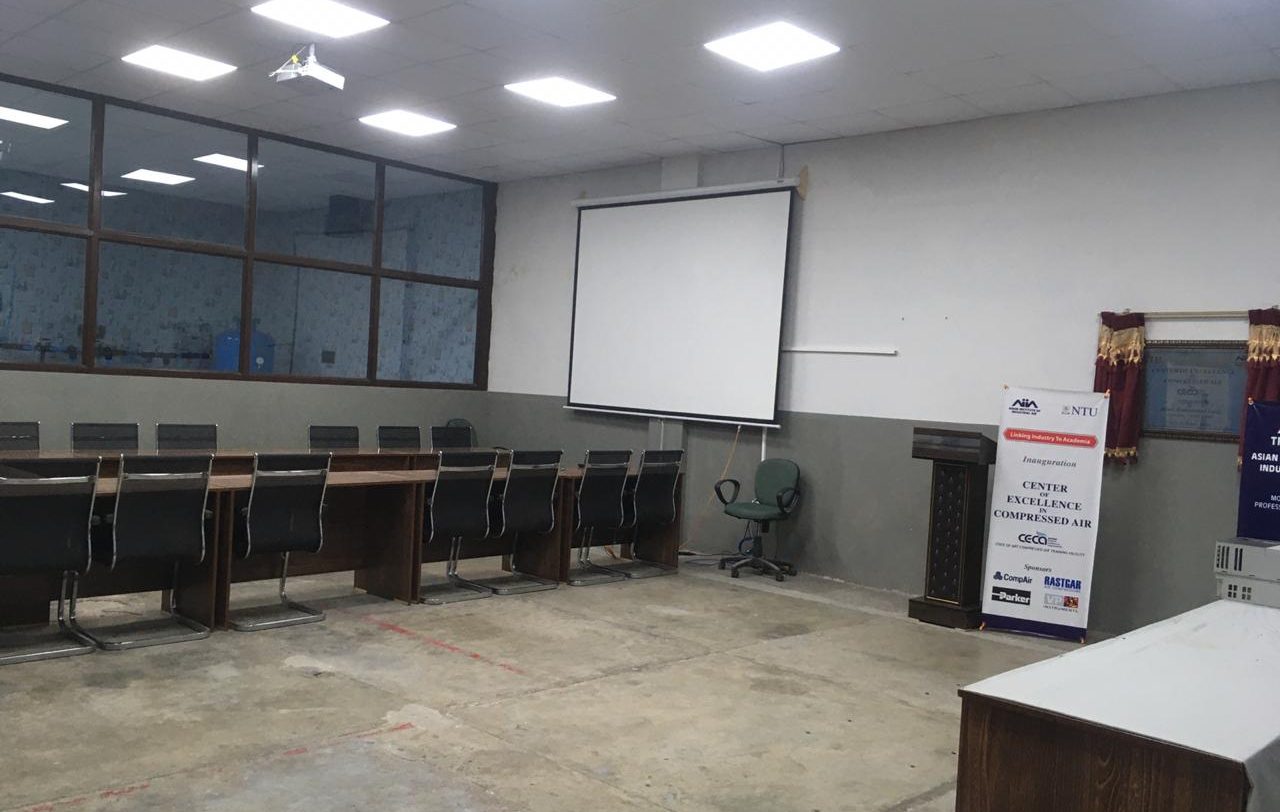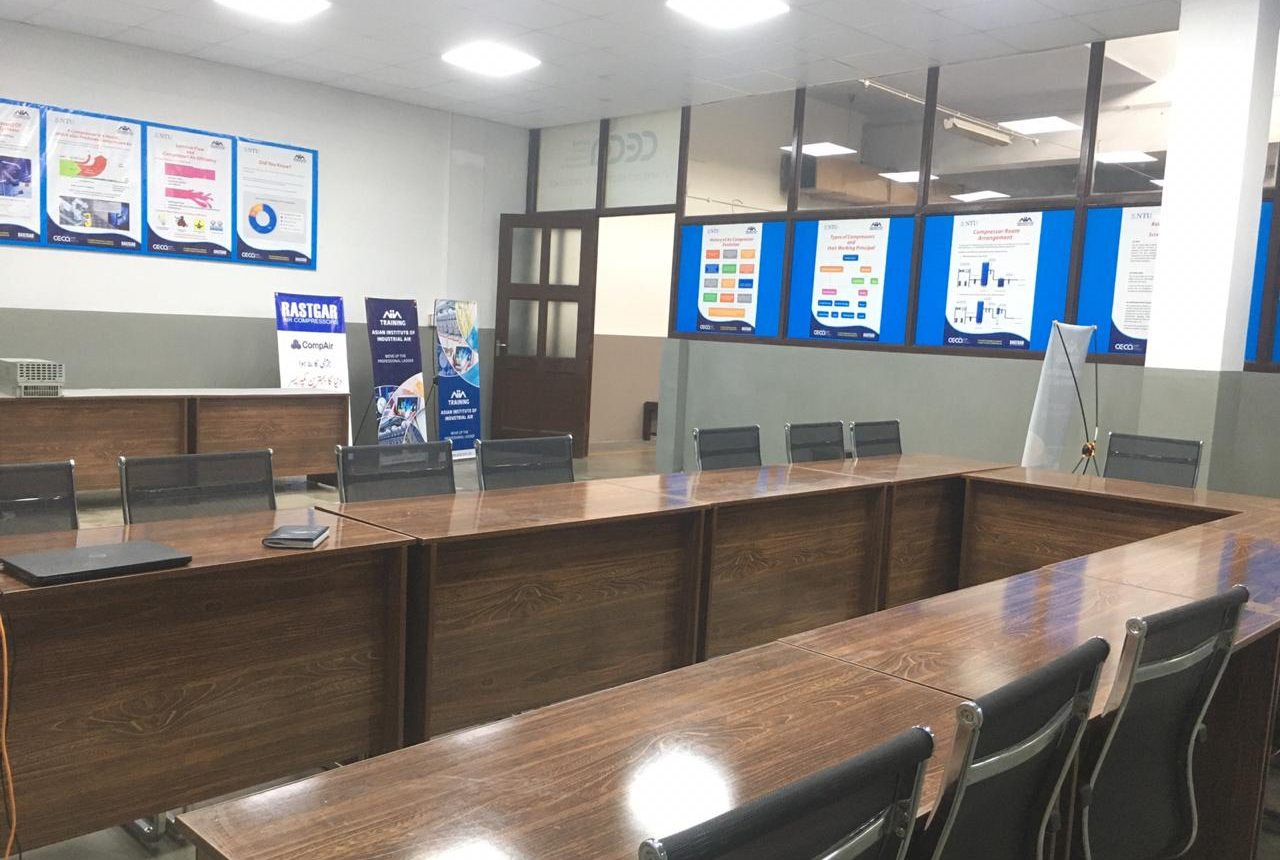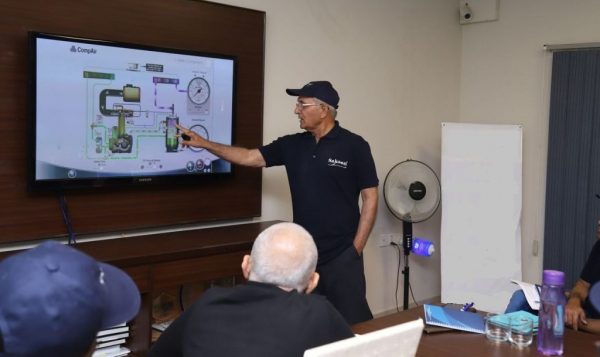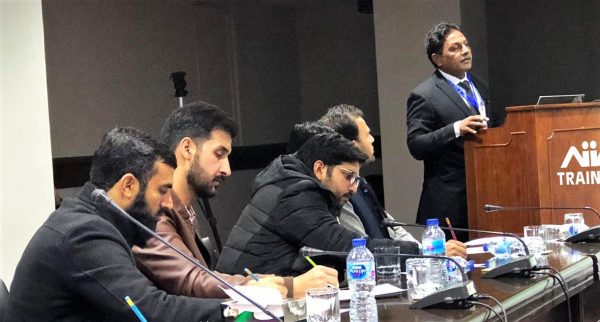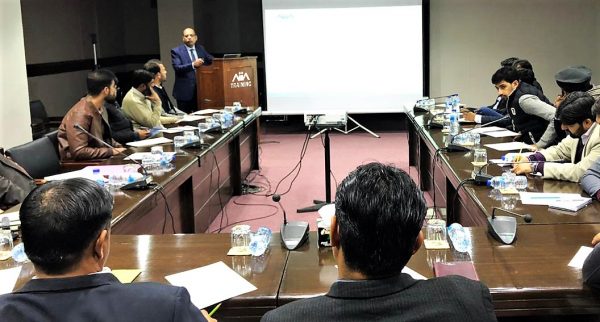
Potohar Center for Entrepreneurship Development (PCED) is a not-for-profit platform founded by Manufacturing, Marketing and Education specialists who have teamed together to create an initiative that can identify gaps in Pakistan’s manufacturing and marketing skills value chain. After realizing the fact that compressed air drives almost all the industry verticals and the applied aspects of Compressed Air are not covered in any of the university academic programs with sufficient details, PCED Partnered with National Textile University Faisalabad for the establishment of the first Center of Excellence in Compressed Air (CECA). The industry also has access to this industry-standard training facility for training of their employees as well as advisory services on the best performance from the industry installed compressed air systems.
CECA is a product of Visionary Leadership and Cooperation between
Two Vice-Chancellors of National Textile University (NTU).

Former Vice-Chancellor
Dr. Arshad Ali | CEO AIIA & PCED

Present Vice-Chancellor
Dr. Tanveer Hussain
Training Programs at 
- Compressed Air Systems Basic
- Compressed Air System Advance Courses
- Compressed Air (Waste, Management, Recovery)
- Monitoring and Management of Compressed Air and Industrial Gas Installations.
- Compressed Air Quality in Food & Pharma Industry
- Compressed Air Auditing (Leaks)
- Operation and Maintenance of Vacuum & Blowers
- Compressed Air (Pollution)
- Service & Maintenance of Compressed Air Systems
- Compressor Room Layout Designing
- Industrial Air Quality Standards
- Transmission of Compressed Air

Unskilled workforce, or those with limited training and education, actually cost more to the industry in the form of low productivity, wastages, and overall low performance of the company. So, the vision behind establishing CECA is:
Providing awareness and skills to connect education to the industry by
- Providing competent HR to Industry
- Waste Reduction in Industry
- Industry competitiveness enhancement
- Facilitation/skill development in moving towards pneumatic Automation for higher productivity
Videos
Address by Dutch Ambassador H.E Mr. Wouter Plomp on CECA
Rector NTU Talk thoughts on CECA & Compressed Air
Media Coverage of Inauguration Event of CECA NTU

